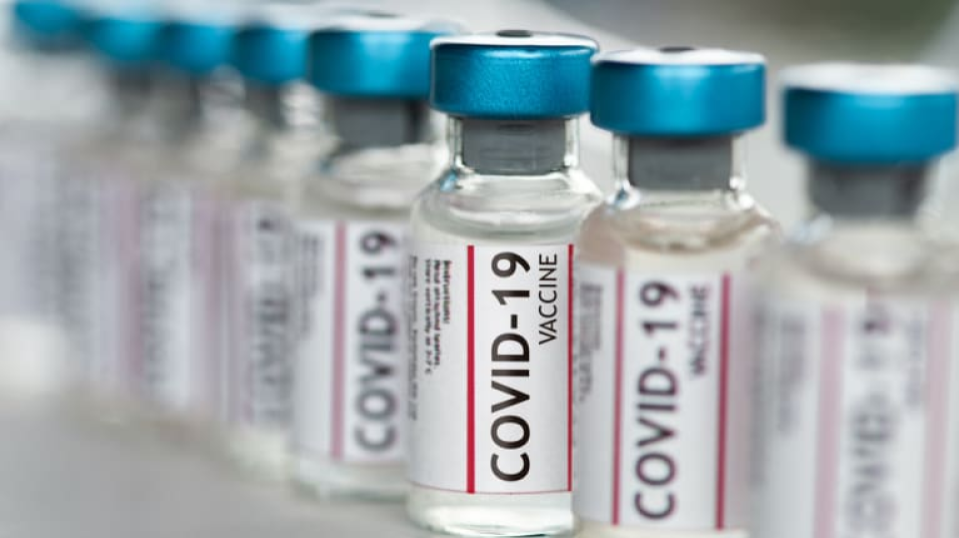UMKC is off to a dreadful start of the semester when it comes to containing the highly transmissible Omicron variant.
The World Health Organization first received reports of Omicron in South Africa in Nov. 2021, and it arrived in America on approximately Dec. 1. Since then, this extremely mutated variant has been raging across the world at breakneck speed.
According to researchers, this fifth iteration of the virus spreads up to 3.7 times faster than the preceding Delta variant.
“Problem is, the Omicron variant is infecting tenfold more than what we thought,” said Michael T. Osterholm, director of the University of Minnesota Infectious Disease Research and Policy, in an interview with C-SPAN. “We are seeing an unprecedented number of hospitalizations.”
These rapid transmission rates have borne out in real-time on campus.
Heading into the fifth week of classes, Roos have seen an exponential rise in both active infections and overall cases.
According to data compiled by the university’s COVID-19 tracker, there are 51 active positive cases amongst students and 15 amongst faculty as of Feb. 11 — a mere 24 days since students and faculty returned in-person.
In just a few weeks, there have been 145 students and 74 faculty members infected, for a total of 219 COVID cases.
Comparatively, during this same time frame in the fall semester, there were only 16 reported infections on campus.
This makes for an increase of 887.5% cases between the fall and spring semesters. And for the entirety of the fall semester of 2021, there were only 277 total infections on campus.
This is an astronomical rise unlike any that the university has seen during the pandemic.
All of this may have been fueled on Jan. 11 when the University of Missouri Board of Curators rejected two proposals for mask mandates for all institutions under its authority.
This decision was opposed by UM System President Mun Choi.
“We don’t have the support for an indoor mask mandate,” Choi wrote in an email to faculty at MU. “We will continue to ask that all members of the Mizzou community wear a mask indoors.”
Within 48 hours of this highly questionable decision, Missouri set a new daily record for COVID-19 infections and hospitalizations with 13,135 confirmed positive cases and 3,526 admissions.
The lack of support is being driven from the highest levels of state government, most notably by conservative Attorney General Eric Schmitt.
Currently, Schmitt’s office is suing numerous cities and 36 school districts within the state to oppose mask mandates — simple public safety measures that have been in place for nearly two years and have proven highly effective.
It should be noted that Schmitt is running for the U.S. Senate seat that Sen. Roy Blunt will vacate upon his retirement in November.
This makes mask and vaccine mandates more about ideology and virtue signaling instead of the science of public health.
Despite this outside pressure, UMKC has enough evidence and data to choose its students and faculty over political posturing.
The only way to do this is for leadership to take a stand by mandating masking indoors at the least or requiring vaccinations at the most.
If getting past this pandemic is truly the goal, taking this stand is the only way forward.
lbmcc@umsystem.edu








